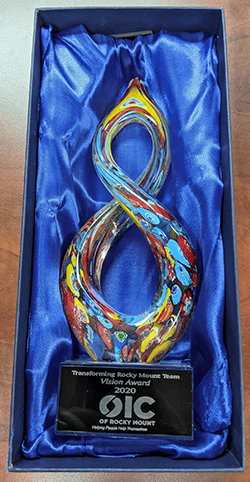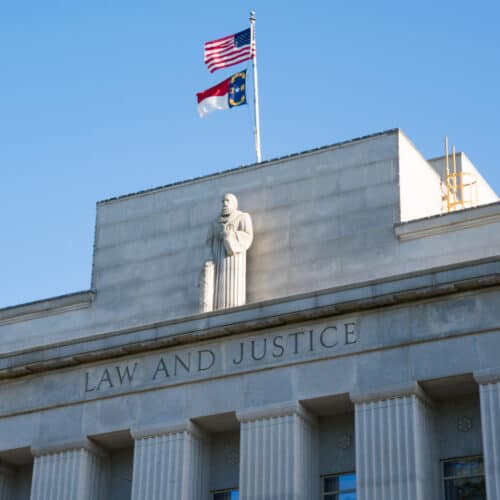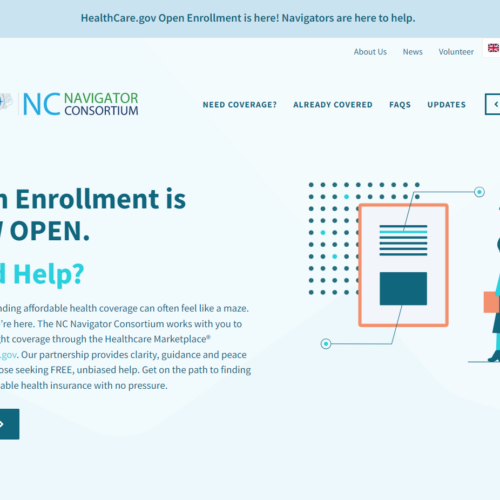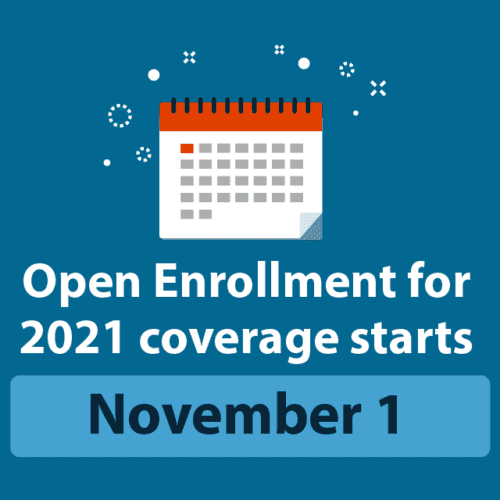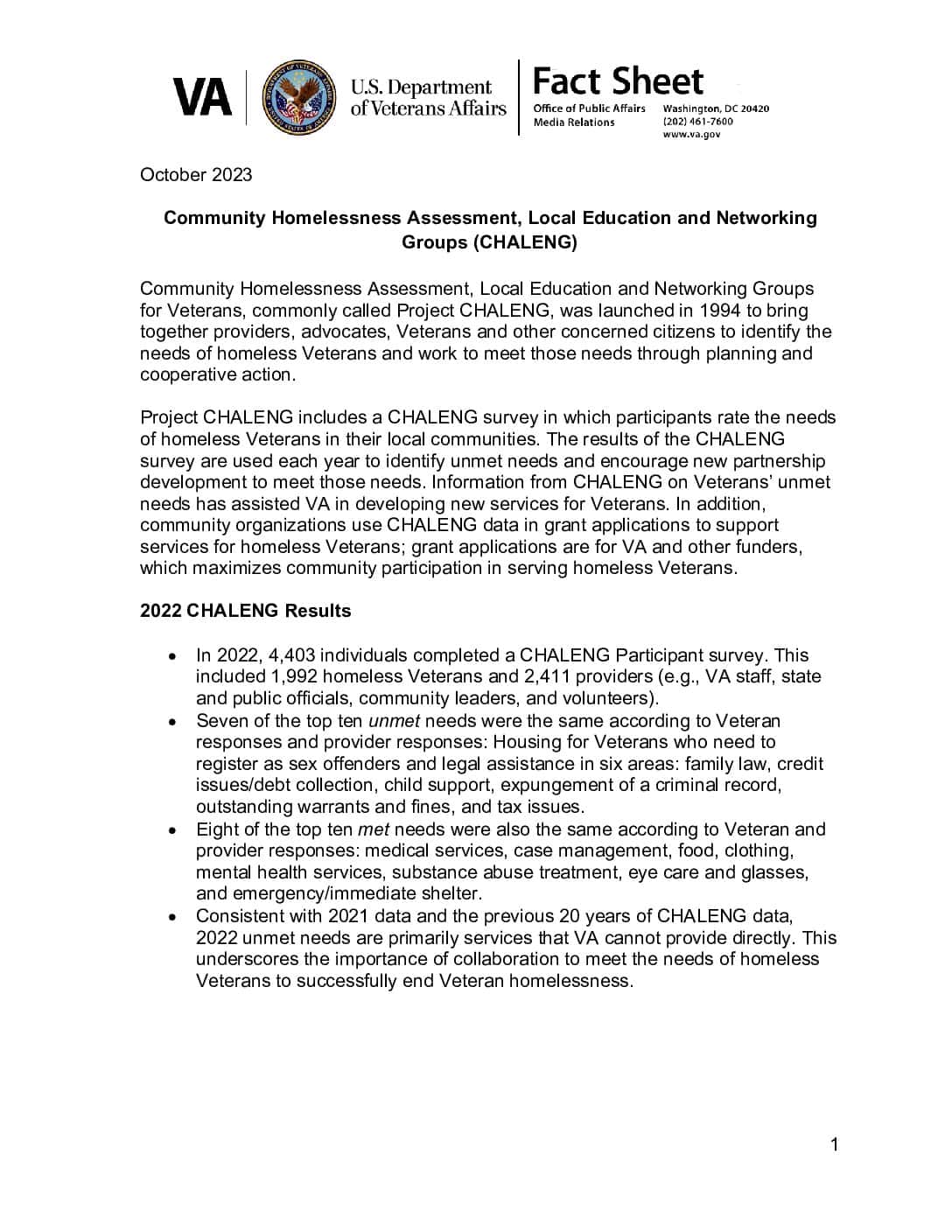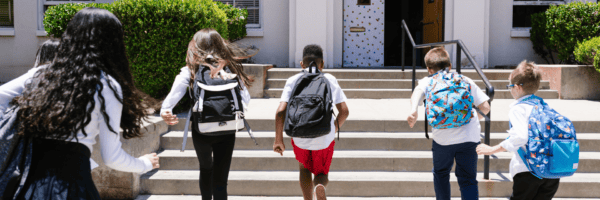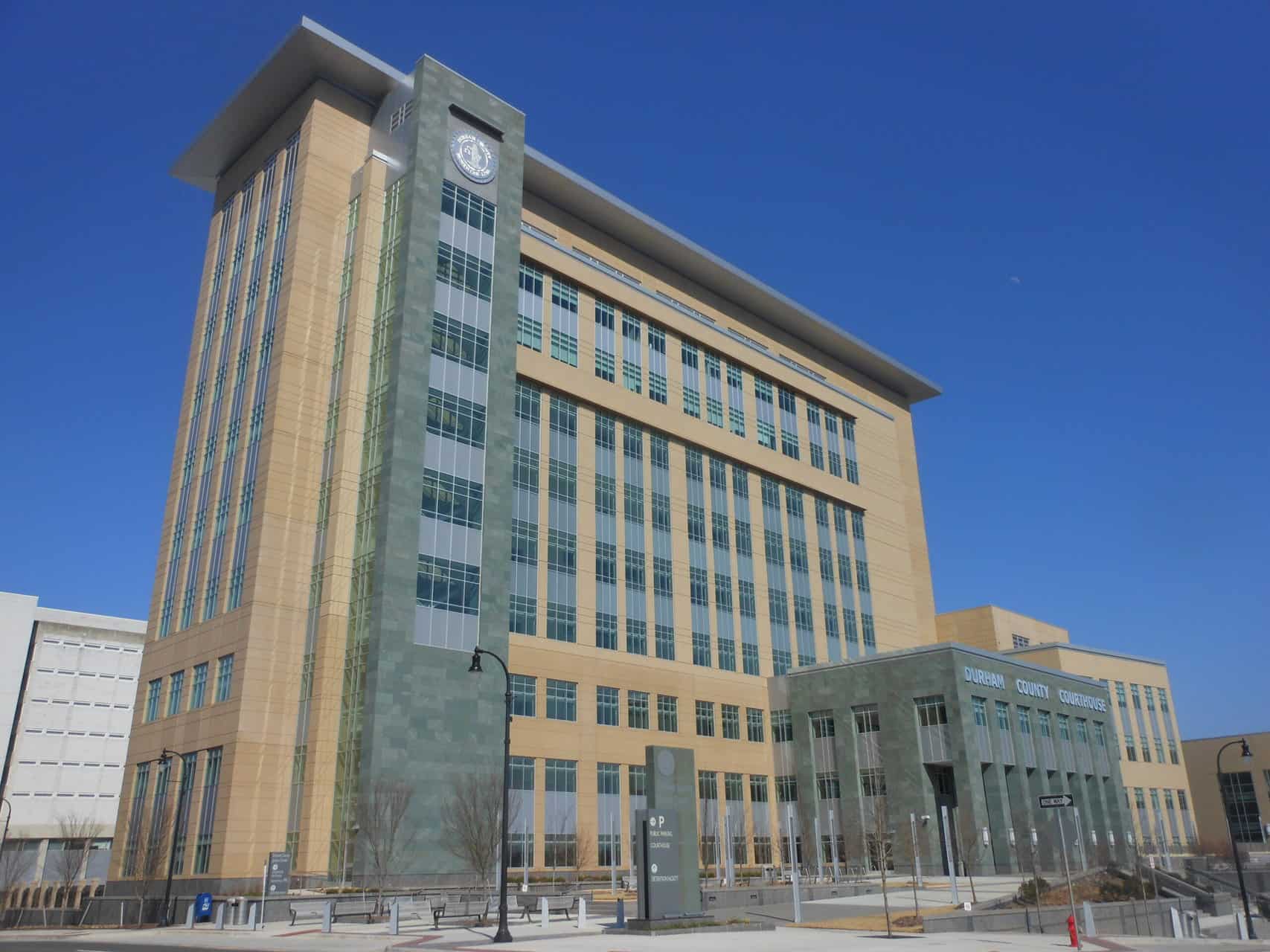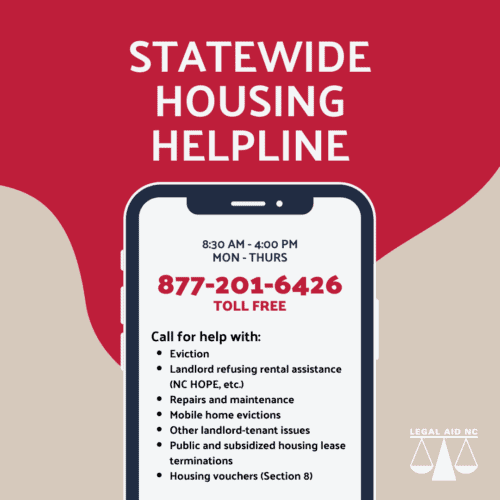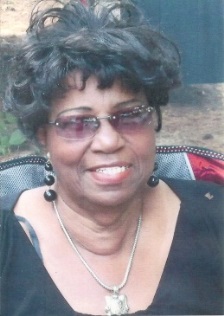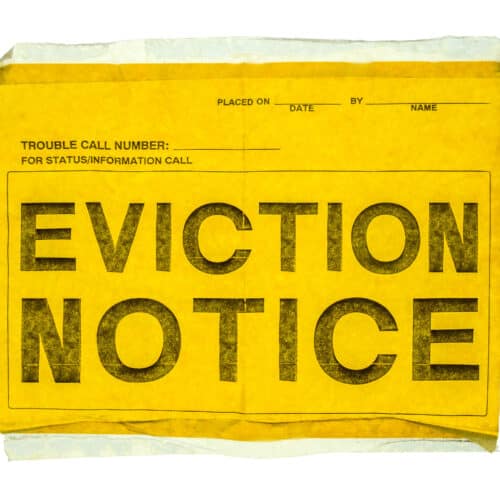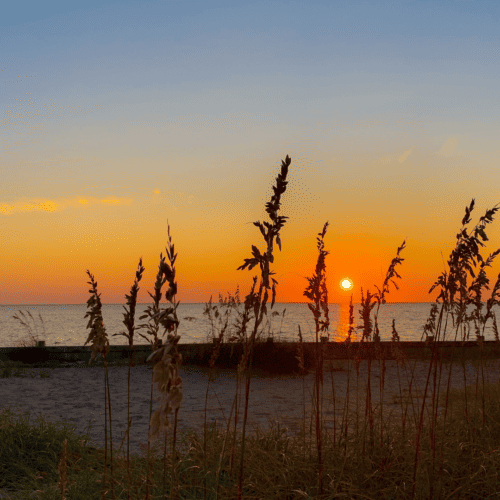Temporarily Limiting Intake of Second Chance Project
Dear Community,
We are taking a brief pause on some aspects of the current operations of the Second Chance Project to enhance and innovate our services.
Up to this point, our focus has been on general client intake and clinic events to provide expunction and driver’s license restoration services to the public. However, the overwhelming demand for our services is outpacing our ability to provide services under the current model. We believe we can better serve our clients by reconfiguring our processes and being more strategic in our approach.
To achieve this, we are temporarily shutting down certain aspects of the Second Chance Project to allow for strategic planning, collaboration, and reorganization. We’re thrilled to partner with our Innovation Lab to facilitate this process.
During this transition period, our intake will be limited as follows:
- Services in New Hanover County: Services in New Hanover County: Individuals residing in New Hanover County seeking expunction or license restoration assistance should apply for services by calling the Legal Aid Helpline at 866-219-5262, extension 2659. The Second Chance Wilmington office is located in the Harrelson Center.
- Durham County Services: Individuals residing in Durham or with cases in Durham seeking expunction or license restoration assistance should apply for services in person at the DEAR office in the Durham County courthouse.
- General Intake for Other Areas Suspended: For residents outside of Durham, general intake for expunction or license restoration services is temporarily suspended.
We’re aiming to unveil our revamped program by January 2025, packed with enhancements to better meet the needs of our community. We look forward to serving you again, and serving you better, soon!
Sincerely,
Legal Aid of North Carolina
During this transitional period, we encourage you to join us for our informational expunction Listen & Learn sessions. Click here to learn more & register.

